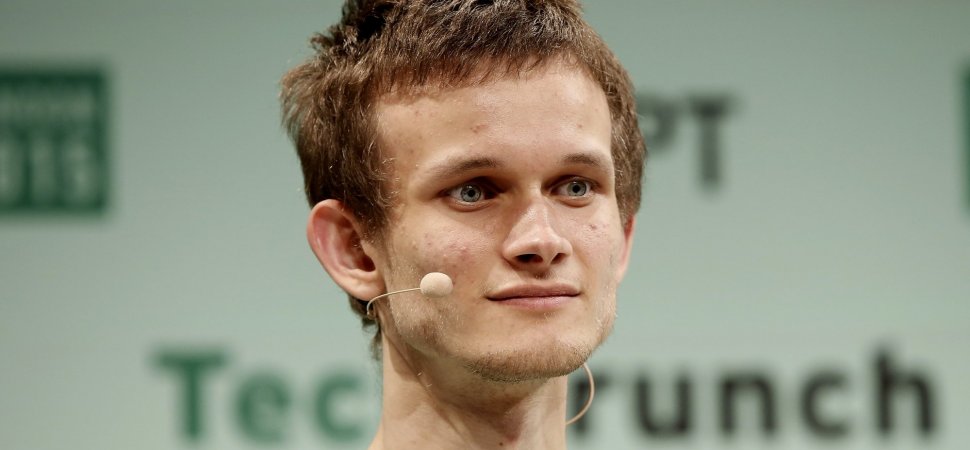There are tons of 20-something entrepreneurs all over the world, undoubtedly coding up the Next Big Thing this very moment.
And then there’s Vitalik Buterin.
Unlike most men his age — or any age, for that matter — Buterin, 23, has invented a new kind of money, called Ethereum. It’s currently worth $28.5 billion in total, growing all the time (with the occasional plunge to keep things interesting). Ethereum is a cryptocurrency like Bitcoin, made up of digital tokens called ether. As with all cryptocurrencies, people are primarily using it as a speculative investment asset.
Buterin was born in Russia and raised in Canada, but these days his home base is Zug, Switzerland, where the Ethereum Foundation is located. Buterin serves as chief scientist and leads the Foundation’s research team, according to its website. (Buterin did not return a request for comment.)
For the crypto-impaired, Buterin’s invention differs from Bitcoin in a few key ways. For starters, Ethereum act as a decentralized computing system for all kinds of applications, allowing key data to be recorded on the blockchain. (The point of using a blockchain instead of a normal database is that no one can unilaterally make changes; consensus has to be established across the entire network.) Ethereum’s existence is largely responsible for the recent surge of ICOs, some of which have raised hundreds of millions of dollars.
And unlike the creator of Bitcoin — which was an unknown person or group of people, going by the name Satoshi Nakamoto — Buterin is very much present. He attends conferences and maintains a lively Twitter presence.
Not that Buterin isn’t enigmatic and eccentric in his own right. Word on the street is that Buterin is the kind of prolific traveler who is barely able to spend time at home. (His Twitter bio lists his location as “Earth.”) He has dual reputations for being a very, very smart guy, especially when it comes to math, and simultaneously an odd duck. He likes cat purses and unicorn sweaters, for instance.
Buterin’s persona has inevitably inspired a cult-like worship among developers. As Jordan Pearson explained in a profile for Vice’s Motherboard, “He knows that he — the boy genius, the unlikely leader — is the reason so many are attracted to the Ethereum project.” The word “wunderkind” gets tossed around a lot.
Allegedly temporary tattoos of Vitalik Buterin handed out at #devcon3 pic.twitter.com/W8HPb6Zv9X
— Wong Joon Ian (@joonian) November 3, 2017
Yet Buterin seems aware that he can’t be the face of Ethereum forever. He told Pearson: “My short-term goal is to shift the story to, ‘the protocol will succeed because of myself, plus all of these other people who are capable of moving things forward.'”
What’s his long-term goal? It’s more radical, appropriately. Buterin mused to Backchannel in 2016 that “ultimately power is a zero sum game.” In other words, there’s only so much of it to go around. “And if you talk about empowering the little guy, as much as you want to couch it in flowery terminology that makes it sound fluffy and good, you are necessarily disempowering the big guy. And personally I say screw the big guy. They have enough money already.”
Ironically, Ethereum has attracted an eager cohort of people looking to make their fortunes, much like gung-ho young investors playing the stock market. For the most part, it resonates more with Wall Street than it would with Robin Hood. But there are exceptions — the UN’s World Food Programme is using a private version of Ethereum to distribute food vouchers to refugees.
“The major benefit to the food program so far is a large drop in payments to financial services firms, the usual middlemen for transactions,” Quartz reported.
Maybe Buterin will get his wish after all. Like its creator, Ethereum is still young, and the future of its blockchain holds many possibilities.








